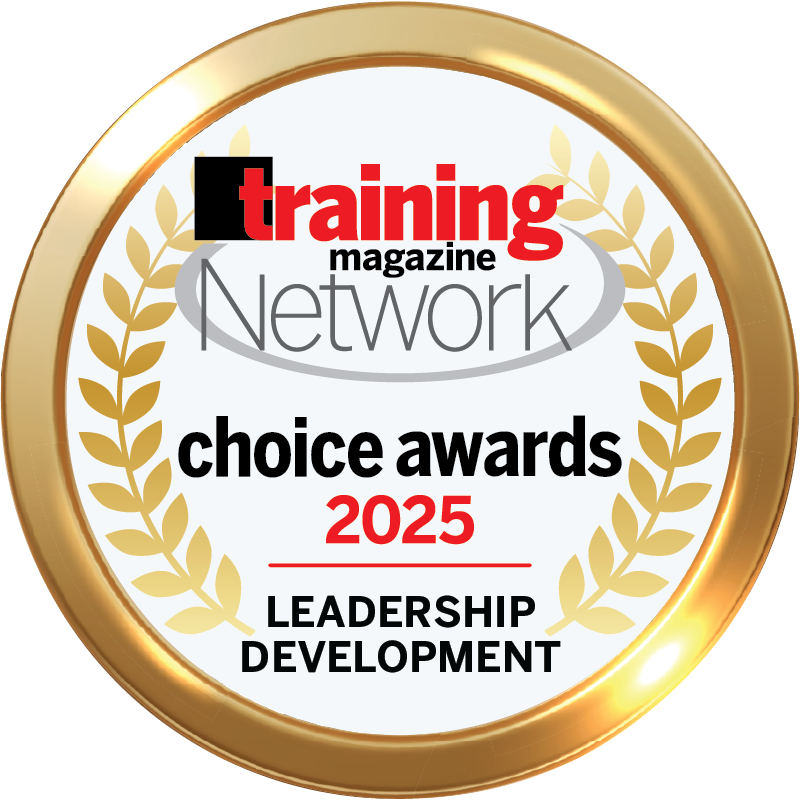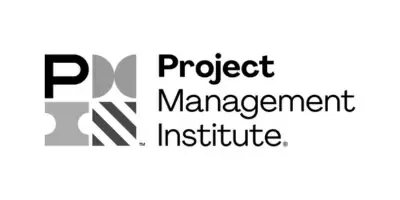The Role of Emotional Intelligence in Leadership Development
In the ever-evolving landscape of leadership, one trait has emerged as a game-changer: Emotional Intelligence (EI). The Role of Emotional Intelligence in Leadership Development cannot be overstated. Leaders who possess high emotional intelligence are better equipped to navigate the complexities of the modern workplace, foster stronger relationships, and drive organizational success. In this comprehensive guide, we will explore the multifaceted aspects of EI and its profound impact on leadership development.
What is Emotional Intelligence?
Emotional Intelligence, often abbreviated as EI or EQ (Emotional Quotient), refers to the ability to recognize, understand, manage, and effectively use one's own emotions and the emotions of others. It's a set of skills that encompasses self-awareness, self-regulation, empathy, and social skills.
The Components of Emotional Intelligence
1. Self-Awareness: The foundation of EI, self-awareness involves recognizing your emotions and understanding their impact on your thoughts and behaviour.
2. Self-Regulation: This component focuses on managing your emotions, including controlling impulsive reactions and maintaining composure in challenging situations.
3. Empathy: Empathy is the ability to understand and share the feelings of others. It involves active listening and being attuned to the emotions of those around you.
4. Social Skills: Socially intelligent individuals excel in interpersonal relationships. They are adept at communication, conflict resolution, and collaboration.
The Role of Emotional Intelligence in Leadership
EI and Effective Leadership
Effective leadership isn't just about making decisions; it's about inspiring and guiding a team toward a common goal. Here's how emotional intelligence plays a pivotal role:
1. Enhanced Communication: Leaders with high EI communicate more effectively. They can convey their ideas clearly and listen actively, fostering better understanding within the team.
2. Conflict Resolution: Conflict is inevitable in any organization. Leaders with strong EI can navigate conflicts with empathy and diplomacy, leading to more harmonious workplaces.
3. Motivation: EI helps leaders motivate their teams. They understand individual motivations and can tailor their approach to inspire each team member effectively.
4. Building Trust: Trust is the bedrock of leadership. Leaders who demonstrate emotional intelligence build trust because their actions align with their words, creating a sense of reliability.
5. Adaptability: In today's fast-paced world, adaptability is crucial. Leaders with EI are more adaptable and can respond to change with resilience and a positive outlook.
Leadership Styles and Emotional Intelligence
Different leadership styles can be enhanced by emotional intelligence:
1. Transformational Leadership: Transformational leaders inspire and motivate their teams to achieve extraordinary results. EI enables them to connect with team members on an emotional level, fostering loyalty and commitment.
2. Servant Leadership: Servant leaders prioritize the well-being of their team members. EI helps them understand and address the emotional needs of their team, creating a supportive work environment.
3. Democratic Leadership: Leaders who involve their teams in decision-making benefit from EI by valuing diverse perspectives and creating a sense of belonging.
Conclusion
In the ever-evolving landscape of leadership, the Role of Emotional Intelligence in Leadership Development is undeniable. Leaders who harness the power of emotional intelligence are better equipped to navigate the complexities of the modern workplace, inspire their teams, and drive organizational success. As we continue to explore and understand the intricacies of EI, it becomes clear that it's not just a skill; it's a cornerstone of effective leadership.
FAQs about the Role of Emotional Intelligence in Leadership Development
Q1: Can emotional intelligence be developed?
A1: Yes, emotional intelligence can be developed and improved over time. Through self-awareness, practice, and feedback, individuals can enhance their emotional intelligence skills.
Q2: Are there any assessments to measure emotional intelligence?
A2: Yes, there are several assessments, such as the Emotional Intelligence Appraisal and the Mayer-Salovey-Caruso Emotional Intelligence Test (MSCEIT), that can help individuals assess their emotional intelligence.
Q3: What are the signs of a leader with high emotional intelligence?
A3: Leaders with high emotional intelligence are often characterized by their ability to handle stress, build strong relationships, communicate effectively, and navigate conflicts with empathy and grace.
Q4: How can organizations promote emotional intelligence in leadership?
A4: Organizations can promote emotional intelligence by providing training and coaching for leaders, fostering a culture of openness and empathy, and recognizing and rewarding emotionally intelligent behaviour.
Q5: Can a leader be effective without emotional intelligence?
A5: While it is possible for a leader to be effective without emotional intelligence, leaders with high EI are often more successful in building strong teams, fostering innovation, and creating positive work environments.
Q6: Is emotional intelligence more important than technical skills in leadership?
A6: Emotional intelligence complements technical skills in leadership. While technical skills are essential, EI is often the determining factor in how effectively a leader can apply those skills in a team setting.
Interested in a free Leadership Skills Workshop with your team?
- Address instantly fixable issues that impact customer perceptions and employee morale.
- Learn and practice a habit that will raise employee performance.
- Set actions with specific and measurable steps that they'll gladly be accountable to achieve.











